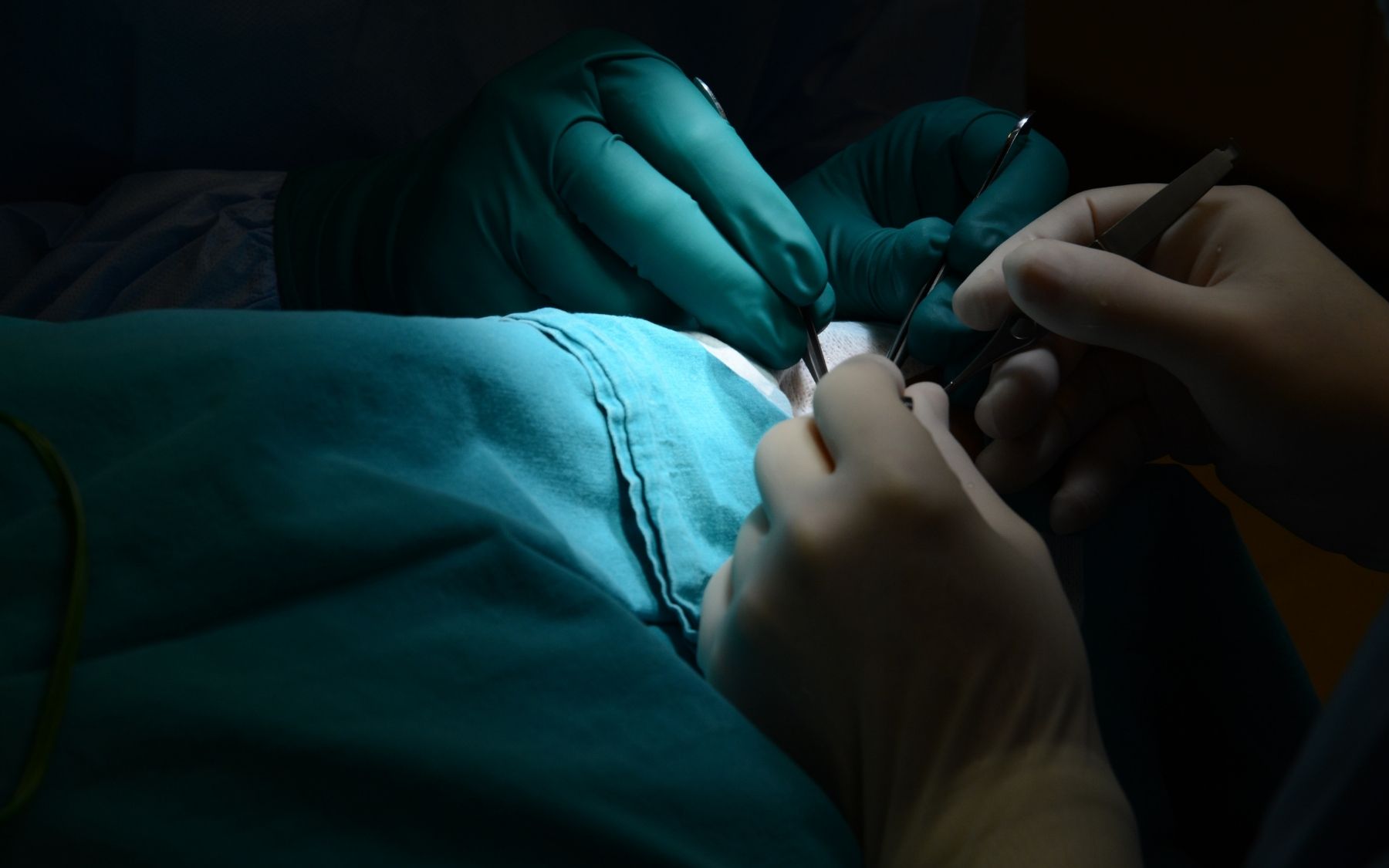
Priapism
Priapism is condition that causes persistent and sometimes painful erections. This is when an erection lasts for four hours or more without sexual stimulation. Priapism is uncommon, but when it occurs, it typically affects males in their 30s.
Priapism
Priapism is a prolonged penile erection which is maintained despite the absence of any sexual stimulation. Patients who develop priapism should seek emergency medical treatment because as the duration of the priapism increases there can be damage to the underlying smooth muscle erectile tissue in the penis and this can affect erections in the long term.
The condition is divided into three types:
1. Ischaemic priapism (low-flow priapism)
This occurs when blood becomes trapped and is stagnant within the penis. It presents as a very prolonged and painful erection.
2. Non-ischaemic priapism (high flow priapism)
This occurs after trauma and is normally less painful than ischaemic priapism. In this condition, more blood enters the penis than can leave it. As the blood is well oxygenated, very little damage occurs to the penile smooth muscle. Occasionally, patients can develop scarring within the erectile tissue in long-standing non-ischaemic priapism and therefore early intervention with super selective embolization is advocated to prevent this.
3. Stuttering priapism (recurrent priapism)
This is a rare condition which is characterised by recurrent prolonged painful erections which occur mainly at night and resolve spontaneously on most occasions. However, some patients do develop very prolonged erections which do not resolve by themselves.
What are the causes of priapism?
The underlying cause of the priapism is never found in a large proportion of patients. There are some conditions associated with priapism which include sickle cell disease and other haematological problems. There is also an association between ischaemic priapism and some medications, particularly in patients who are taking anti-psychotic medication.
What are the causes of priapism?
The underlying cause of the priapism is never found in a large proportion of patients. There are some conditions associated with priapism which include sickle cell disease and other haematological problems. There is also an association between ischaemic priapism and some medications, particularly in patients who are taking anti-psychotic medication.
How is priapism treated?
Priapism is a urological emergency so patients are investigated and treated within a hospital setting. For ischaemic priapism in particular, making the diagnosis early is essential to avoid long term damage to the erectile tissue. This involves a penile Doppler study or MRI scan to show that there is very little blood flow within the penis. Blood can be aspirated from the penis which can resolve the condition.
However, failure to resolve following blood aspiration from the penis means that further medication is required, and needs to be inserted directly into the penis. This medication causes contraction of the penile smooth muscle and the most commonly used agent is called Phenylephrine. If the priapism does not resolve after this, then further surgical intervention is required.
For non-ischaemic priapism, patients are generally managed without treatment initially as a large proportion of these cases resolve spontaneously. However, in cases of trauma where there may be an underlying fistula, radiological imaging and inserting a material to block this fistula normally resolves the problem. For patients with stuttering priapism, there are a range of medications to control the erections.
At London Men's Clinic our consultants are highly experienced in managing all three types of priapism and ensure that you undergo a complete assessment and treatment. Specialist tests are often required such as penile MRI or ultrasound and these can be arranged.
At London Men's Clinic we ensure that you are provided with an expert service in order to minimise complications.
All patients are discussed within the team prior to surgery and fully counselled to ensure that the surgery is appropriate and that patients have expectations fully met.

Erectile Dysfunction
Learn More
Penile Prosthesis
Learn More
Low Testosterone
Learn More
Peyronie's Disease
Learn More
Ejaculation disorders
Learn More
Nesbit Procedure
Learn More
Lue Procedure (Plaque Incision & Grafting)
Learn MoreLondon Men's Clinic, 16 Devonshire Street, London W1G 7AF
E: info@london-mens-clinic.com
P: 0207 1013 456
Give us a call, send us an enquiry or drop us an email, we endeavour to answer all enquiries within 24 hours on business days.
Clinic days - Monday to Saturday.
Clinic times - 9am till 6pm
